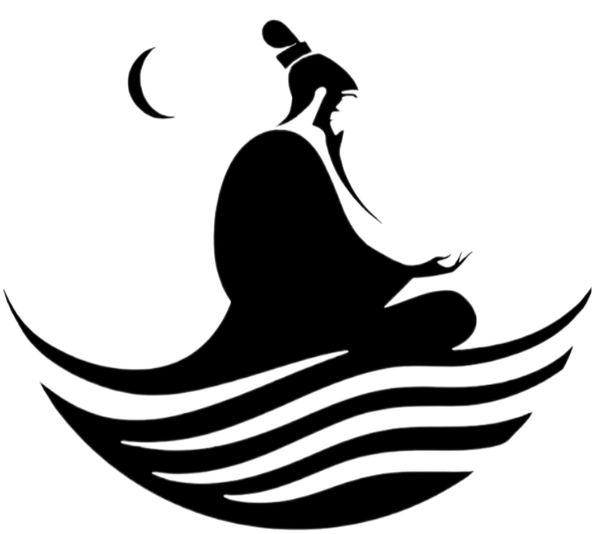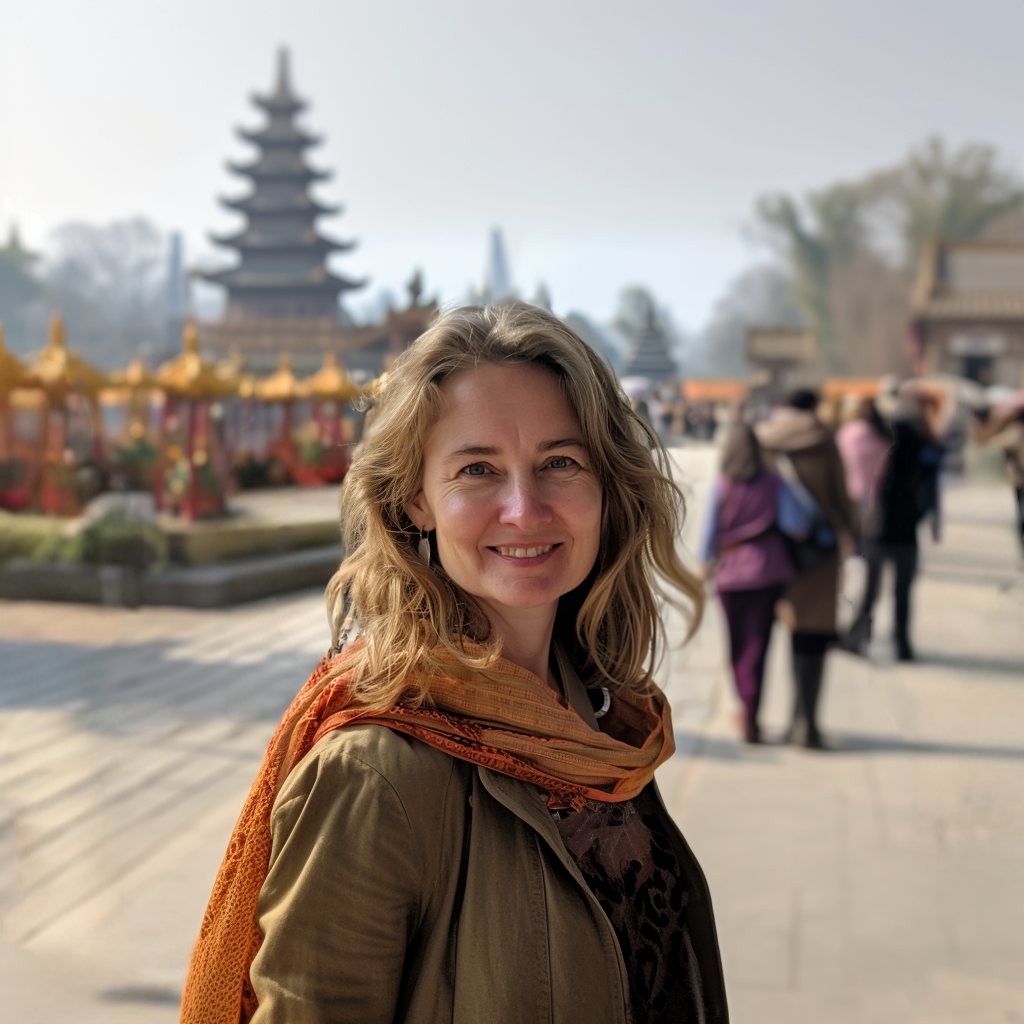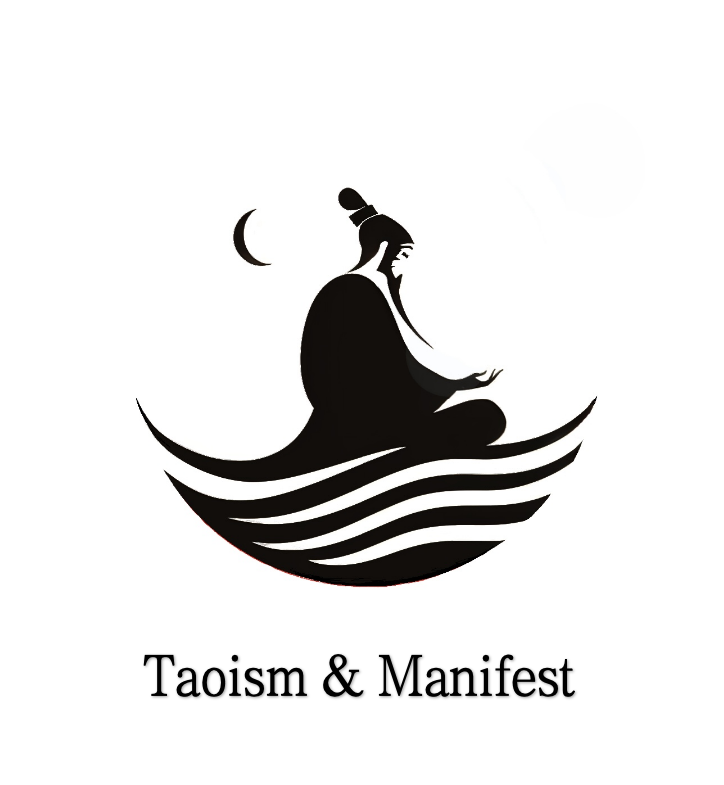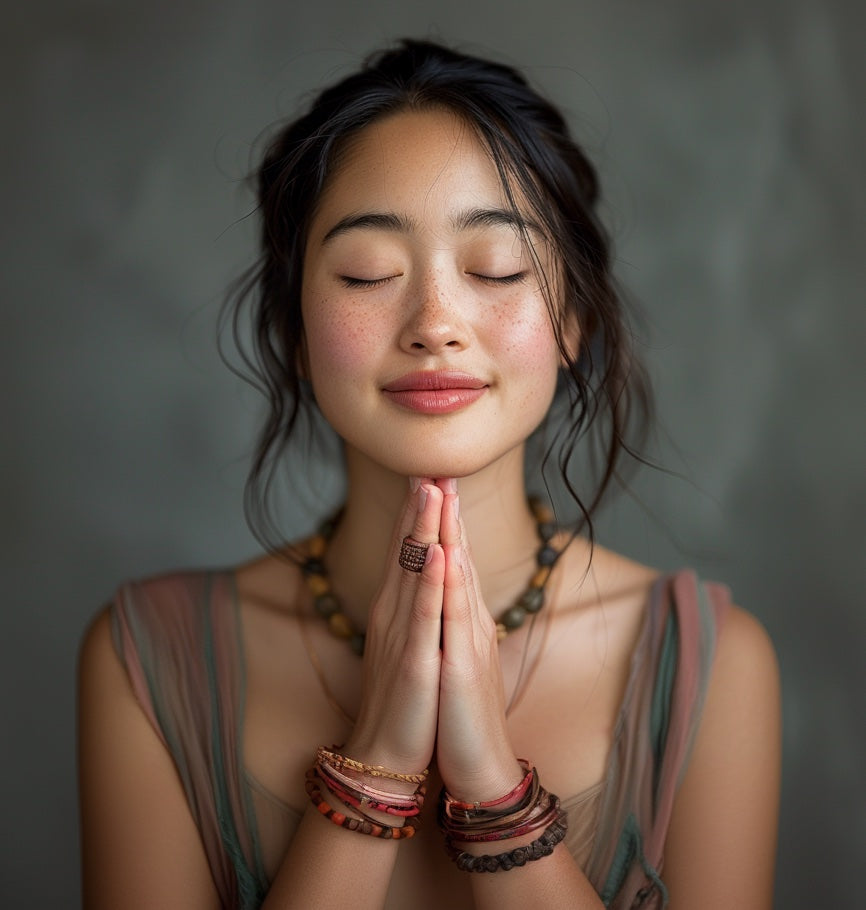
Taoism Protector(护道) is about keeping your spiritual path safe. It uses old wisdom and careful practice. Long ago, or protector of the Way, helped people stay blessed and balanced. Now, people use practice, mantra, and Qi to help themselves. Taoism says that meditation and practice can break down self-boundaries. This brings calm inside. Using mantra and Qi in practice lowers stress. It also helps people feel more peaceful. Every practice and mantra links the body, mind, and spirit. When people use practice, mantra, and Qi, they ask for blessing and safety. Taoism cares about practice, so people often repeat mantra and use Qi to grow and stay protected.
Key Takeaways
Practicing mantra and Qi every day protects your spiritual energy. It also helps you stay calm and balanced.
Taoism teaches you to live simply and in harmony with the Tao. This helps you find inner peace and grow spiritually.
Setting clear boundaries for yourself and using meditation helps you make steady progress. It also protects you from stress.
Being part of a community or having a teacher makes your practice stronger. It helps you stay connected to the Tao.
Facing challenges with patience and honesty makes you stronger. It also helps you grow on your spiritual journey.
Taoism and the Way
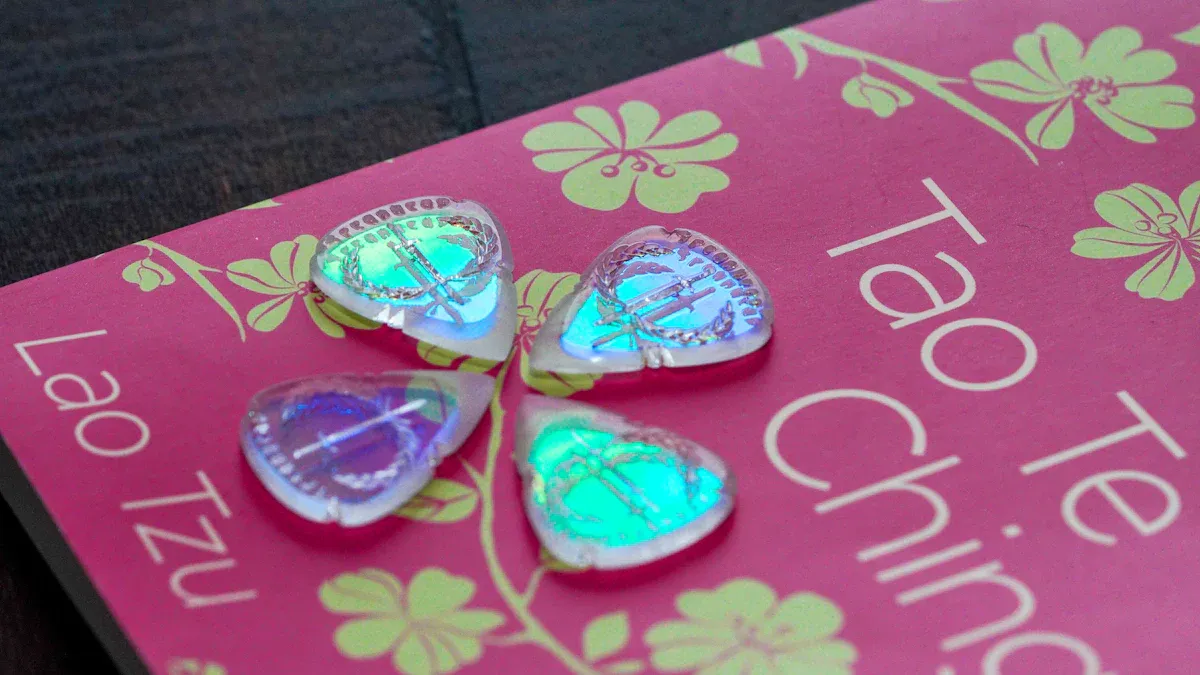
Understanding the Tao
Laozi taught that the Tao is the mysterious Way behind all things. Taoism and its philosophy see the Tao as the source of everything. The Tao cannot be seen or touched, but it shapes the world. Laozi wrote the Tao Te Ching to help people understand the Tao. This text uses simple words to show how the Tao works. The Tao follows the law of nature. It moves without effort and brings balance. Taoist philosophy says that people should live in harmony with the Tao. They can do this by practicing stillness and letting go of control. Enlightenment comes when a person feels one with the Tao. Laozi believed that the Tao gives life to all things and guides them. The Tao teaches people to value simplicity and quiet. When people follow the Tao, they find peace inside. They use mantra and Qi to connect with the Tao. Practice helps them feel the flow of Qi and reach enlightenment. Taoism says that the Tao is always present, even if people do not see it.
Core Teachings of Taoism
Taoism has many teachings that help people grow. Laozi and other teachers wrote about the importance of practice. They said that people should use mantra and Qi every day. The Tao Te Ching explains that Wu Wei, or effortless action, is key. This means acting without forcing things. Taoism values harmony with nature. People learn to see the cycles of life and death. They use practice to understand these cycles. Taoism teaches that enlightenment comes from living simply and following the Tao. The philosophy of Taoism also talks about yin and yang. These are two forces that work together. Mantra and Qi help balance these forces. Taoism encourages people to seek enlightenment through meditation, practice, and connecting with nature. Laozi believed that everyone can reach enlightenment by following the Tao and using mantra and Qi. Taoism blends philosophy, practice, and the search for enlightenment. It guides people to live with virtue, use Qi, and repeat mantra for spiritual growth.
What is Protector(护道)?
Ancient Protector Concept
Long ago, the Protector(护道) was very important in Taoism. These protectors helped others follow the law of nature. They kept the Tao safe and pure. They used practice, mantra, and Qi to do this. The maoshan tradition trained many protectors. They believed energy came from the Tao. Self-cultivation brought blessing and safety.
Taoist rituals used many things for protection.
Talismans were drawn with special brushstrokes. They held the power of Qi.
Charms and mantras kept away bad energy.
Ritual tools, like sacred writings and clothes, showed a link to the Tao.
The Yin and Yang symbol and Ba Gua showed energy balance in the world.
The maoshan school taught that practice linked people to the Tao. The Tao’s supreme purity guided every action. Protectors used mantra, Qi, and energy to keep the Tao strong. They followed nature’s law and trusted the Tao’s blessing.
Modern Self-Boundaries
Today, people still want to protect their spiritual growth. Modern Taoism says self-cultivation starts with clear self-boundaries. People use daily practice, mantra, and Qi to keep their energy balanced. The Maoshan tradition inspires people to use old ways in new times.
Setting boundaries helps people keep their energy safe.
Regular practice, mindful mantra, and focus on Qi help with this.
Modern Taoists use the Tao’s philosophy to guide what they do. They work on self-cultivation and use practice and mantra to keep energy pure. The Maoshan way mixes old wisdom with new ideas. People trust the Tao and the law of nature for blessing and safety. The supreme purity camp reminds us that self-cultivation and energy care last a lifetime. The Tao’s deep philosophy still guides people to harmony and protection.
Why Protect Spiritual Growth
Importance in Taoism
Taoism says protecting the Tao is very important. The Tao affects every part of life. People who follow the Tao practice every day. They use mantra and focus on Qi to connect. This helps them feel calm and happy. Taoist practice uses rituals, meditation, and talismans. These things help people stay close to the Tao. They also keep away bad influences.
Many people think purification spells help their mood. They feel less worried and more relaxed. Temple rituals help people feel in tune with the universe. Most people feel peaceful after these rituals. Taoist practice also means honoring ancestors. This makes family bonds stronger. It helps people feel close to their roots. Communities that value the Tao have strong social ties. They also have a clear sense of who they are.
Taoist teachings about spiritual protection shape Chinese culture. People use the Tao’s wisdom in their daily lives. They focus on good behavior and living in harmony. Taoist rituals and practice help communities and bring balance. The Tao’s ideas show up in art, books, and medicine. This shows how important spiritual protection is in Taoism.
Risks of Neglect
If people do not protect their spirit, problems can happen. Without practice, people may lose their link to the Tao. This can make them feel stressed or empty inside. Bad energy can build up if people skip cleansing rituals. If people do not honor the Tao, they may feel lost.
People who stop practicing may have mood swings. They might find it hard to keep balance in life. The Tao teaches that balance comes from steady practice. If people forget this, they lose the good things from spiritual growth. Taoism says the Tao needs care and attention. Regular practice keeps the Tao strong and helps people grow.
Self-Cultivation Practices
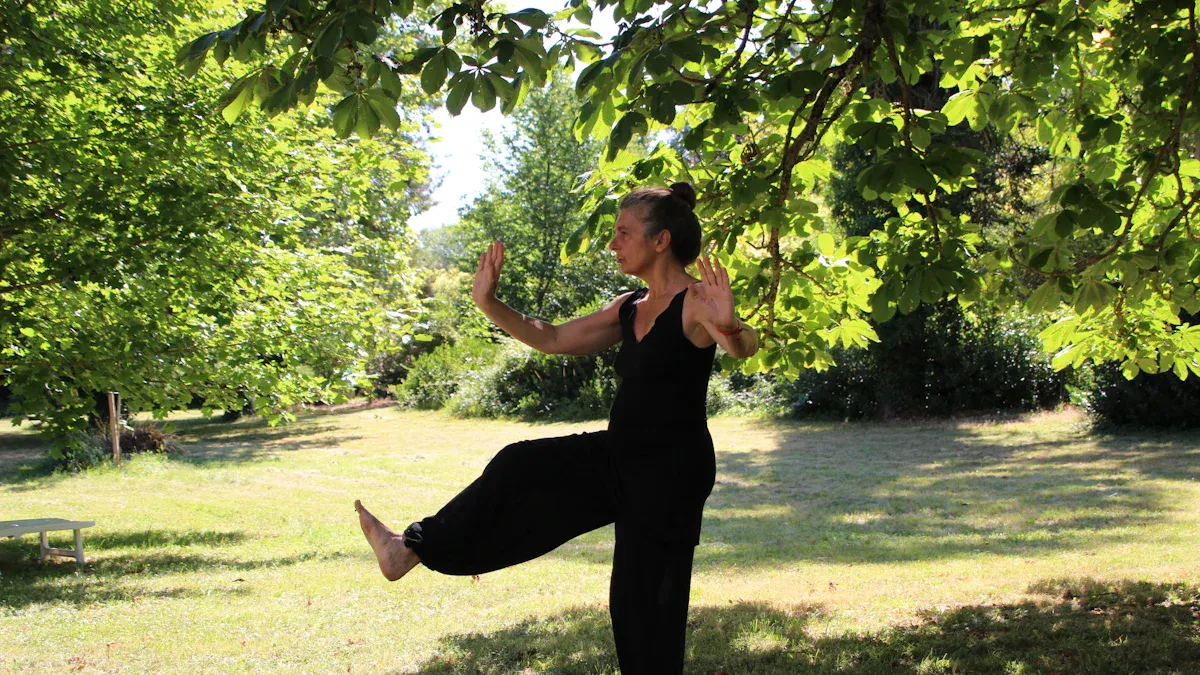
Inner Harmony
Taoist self-cultivation starts with finding peace inside. People use meditation, mantra, and Qi exercises to calm down. The Tao teaches that real enlightenment comes from being still and balanced. When people meditate, their brains work differently. They feel calm but also awake. Their heart beats slower and they breathe more slowly. This helps the body and mind work as one. Taoist ideas say yin and yang must stay balanced. If yin is too strong, energy feels heavy. If yang is too strong, energy spreads out. Saying mantra for peace and health keeps this balance. Many Taoists repeat a mantra for safety to protect their energy. They pay attention to how Qi moves in their body. The Maoshan tradition values supreme purity and uses special mantra and Qi to clear the mind. Every day, people sit quietly, breathe deeply, and let go of stress. This daily habit builds a strong link to the Tao and helps spiritual growth.
Meditation and mindfulness make alpha and theta brain waves. This brings a peaceful feeling.
Heart rate changes show the body is calm.
People say they feel balanced, not too tense or tired.
Taoist meditation uses many ways, but all aim for harmony and enlightenment.
Ethical Conduct
Ethical conduct is at the center of Taoist self-cultivation. The Tao guides people to be kind, humble, and honest. Taoist ideas value the soft self, which means being gentle and peaceful. This is different from the hard self, which tries to control things. Yin-yang balance shows both softness and strength are needed. Practicing mantra and focusing on Qi help people stay true to themselves. Taoists think living simply and not being selfish brings enlightenment. They follow the Tao by showing care and patience. The maoshan school teaches that living with good values protects energy and keeps the mind clear. People use daily rituals, like repeating a mantra for peace and health, to remember their values. Taoist ideas also tell people to accept flaws and find beauty in them. This helps people stay balanced and peaceful every day.
Taoist ethical rules are not the same as other traditions. Confucianism cares about rules and duties. Taoism values being natural and real. Buddhism wants to purify the self, but Taoism wants to return to a simple, true nature. All these paths want enlightenment, but Taoist practice focuses on harmony with the Tao and the flow of Qi.
Avoiding Pitfalls
Many people face problems on the path of self-cultivation. Daily distractions can make people forget the Tao. Media images can change how people see themselves. Some people do not want to face hard truths or their own weaknesses. Taoist ideas teach that enlightenment needs honesty and courage. People must look at their own darkness and admit their faults. Yin and yang inside each person must stay balanced. Too much focus on pleasure or comfort can stop growth. The Tao warns against chasing pleasure and tells people to look for real harmony. Saying mantra and working with Qi help clear away bad energy. The maoshan tradition reminds people to stay humble and not be proud. Regular practice, like meditation and mindful breathing, keeps the mind steady. Taoists learn to accept setbacks and keep moving toward enlightenment.
Common problems are distractions, fear of truth, and ego.
People must face their own darkness to grow.
Humility and honesty help true self-cultivation.
Guidance and Community
Guidance and community are important in Taoist self-cultivation. Practicing alone can be hard for many people. A group or teacher helps people stay on the right path. Taoist groups give a safe place to share and learn. At the Meimen Center in Taipei, students found that living with a Tao master helped their health and spirit. The Tao becomes easier to understand when people practice together. Group rituals, like chanting mantra or working with Qi, build strong energy. These shared practices help everyone reach enlightenment. Taoist ideas teach that self-cultivation is not just for one person. It helps the whole world. Yin-yang balance in a group supports harmony and growth. The maoshan tradition values both personal and group practice. People often gather to repeat mantra for safety and peace. This makes their link to the Tao stronger and protects their energy.
Daily habits help self-cultivation. Taoist masters suggest:
Let go of what you expect and live now.
Be patient and let healing happen.
Use silence to free your mind.
Accept flaws and trust your feelings.
Be kind to yourself and others.
Do exercise, meditate, and breathe deeply.
Learn, make art, and help others.
These habits keep energy moving and help enlightenment. Practicing mantra, working with Qi, and following the Tao each day bring peace and balance that lasts.
Overcoming Challenges
Distractions and Influences
Modern life has many things that distract us. There is noise from phones, computers, and busy days. Social media can take our attention away from the Tao. Taoist teachings say daily practice helps us focus. People use mantra to calm their minds and get back lost energy. They make time each day for meditation, Qigong, or tai chi. These help balance Qi and bring harmony. Using technology carefully also protects spiritual growth. Some Taoists take breaks from screens to connect with nature and the Tao. They make tech-free habits in the morning and at night. This keeps their energy clean and supports daily practice. Taoist groups share stories and help each other. Group meditation and saying mantra together make strong energy. This helps everyone stay close to the Tao.
Doubt and Setbacks
Everyone feels doubt and faces problems on their path. Taoism teaches that these times are normal. People use Yin and Yang to accept good and bad days. They see setbacks as part of the Tao’s flow. Taoists use Wu Wei to move through hard times without forcing things. They trust their feelings and stop judging themselves harshly. Saying mantra and focusing on Qi helps let go of anger and fear. Taoists let go of big hopes and do small good things, like smiling or deep breathing. They remember everyone’s energy is special. Accepting mistakes is part of learning. Some people play or try new things to refresh their spirit. Letting go and trusting the Tao brings peace and helps steady practice. This way, people find meaning in all they do and get closer to enlightenment.
Building Resilience
Resilience means getting stronger after hard times. Taoist ideas say resilience is a lifelong practice. People go at their own pace to avoid getting too tired. They join groups and learn from teachers. Meditating, saying mantra, and doing Qi exercises build inner strength. Taoists care for their body and mind to help spiritual growth. They use the Three Treasure Process: pause, notice, and act kindly. Learning from problems and handling feelings helps energy move well. Taoist teachings say happiness and trouble both come and go. Staying calm when things change keeps the mind steady. People join many groups to share energy and wisdom. This support helps them follow the Tao and keep growing. Over time, these habits help people grow spiritually and feel close to the Tao.
Taoism护道 teaches that you must practice every day to grow spiritually. People use mantra and Qi to help them feel calm and balanced. Some people go to temples, do cleansing spells, or fast to help their spiritual path. Today, Taoists mix old wisdom with new ways of living. They care about blessing, harmony, and living simply. Practitioners learn to trust the Tao, say mantra, and use Qi every day. This daily practice helps them grow, stay safe, and spread good energy to others.
FAQ
What does Taoist practice mean?
Taoist practice is doing things to connect with the Tao. People meditate, breathe deeply, and say mantra. They do these things every day. Practice helps people feel calm in their mind and body. Many Taoists think practice brings peace and balance.
How often should someone do Taoist practice?
People can do Taoist practice each day. Some like to practice in the morning or at night. Others practice when they feel worried or upset. Doing practice often keeps energy strong. Even a short time of practice can help. Many Taoists believe daily practice works best.
Can anyone start Taoist practice?
Anyone can begin Taoist practice. It does not matter how old you are or where you come from. People can start with easy breathing or meditation. Practice gets better as time goes on. Many Taoists say to start slow. They think practice gets easier with patience.
Why is practice important for spiritual growth?
Practice helps protect the spirit. It keeps energy clean and strong. Taoists think practice connects them to the Tao. Without practice, people might feel lost. Practice gives people a reason to keep going. Many people find peace and happiness by practicing often.
What are some easy Taoist practices for beginners?
Beginners can try deep breathing or gentle stretching. Repeating a simple mantra is also good. Sitting still and watching the breath is a good start. Many Taoists say to pick one practice first. Later, people can add more practices to their day.
